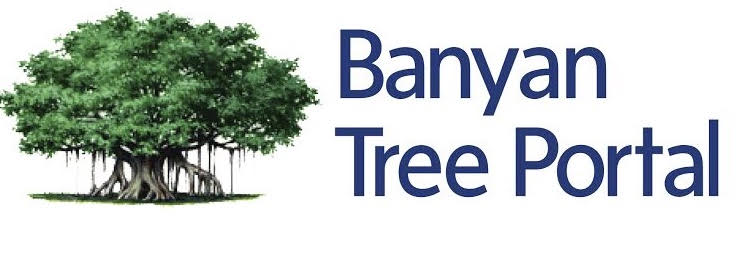Program of Study and Degree Audit
Programs of study establish the required courses and recommended path for degree completion. There is a standard program of study for each degree and specialty track, but individualized plans may be established for students with special circumstances (e.g., transfer credit, course withdrawal). The program of study for each specialty track can be found on the Registrar Banyan Tree Portal page for "Programs of Study."
Regardless of the path a student takes within the program, their advisor will prepare and share a personalized degree audit using Google Drive. This audit is a record of the student's progress toward graduation, including past, present and future courses, course grades, and other pertinent information. The degree audit is updated each term and may be viewed at any time by the student, their RCF, and other members of the university with access to student records.
POS Pacing & Time to Degree
MSN and DNP students are presented with two timelines for completing the program of study. One timeline allows students to complete their chosen degree at a faster pace (approx. 50 hours of study/week) and the other is for students who wish to progress at a standard pace (approx. 30 hours of study/week). If desired, students are able to speed up and slow down their timeline during their MSN coursework, keeping in mind the need for pre-requisite courses.
Because the coursework consists only of the management and clinical curriculum, PGC students are presented with just one timeline for completion. However, students are able to make modifications to their own individual timeline if necessary.
The decision about which plan to follow should be determined by the amount of time you have available to devote to your studies, accounting for all personal and professional responsibilities currently in your life. It is important to understand there isn't a "best" program of study, the best plan is the one that fits your individual needs. Your academic advisor can help you decide what pace is best for you.

